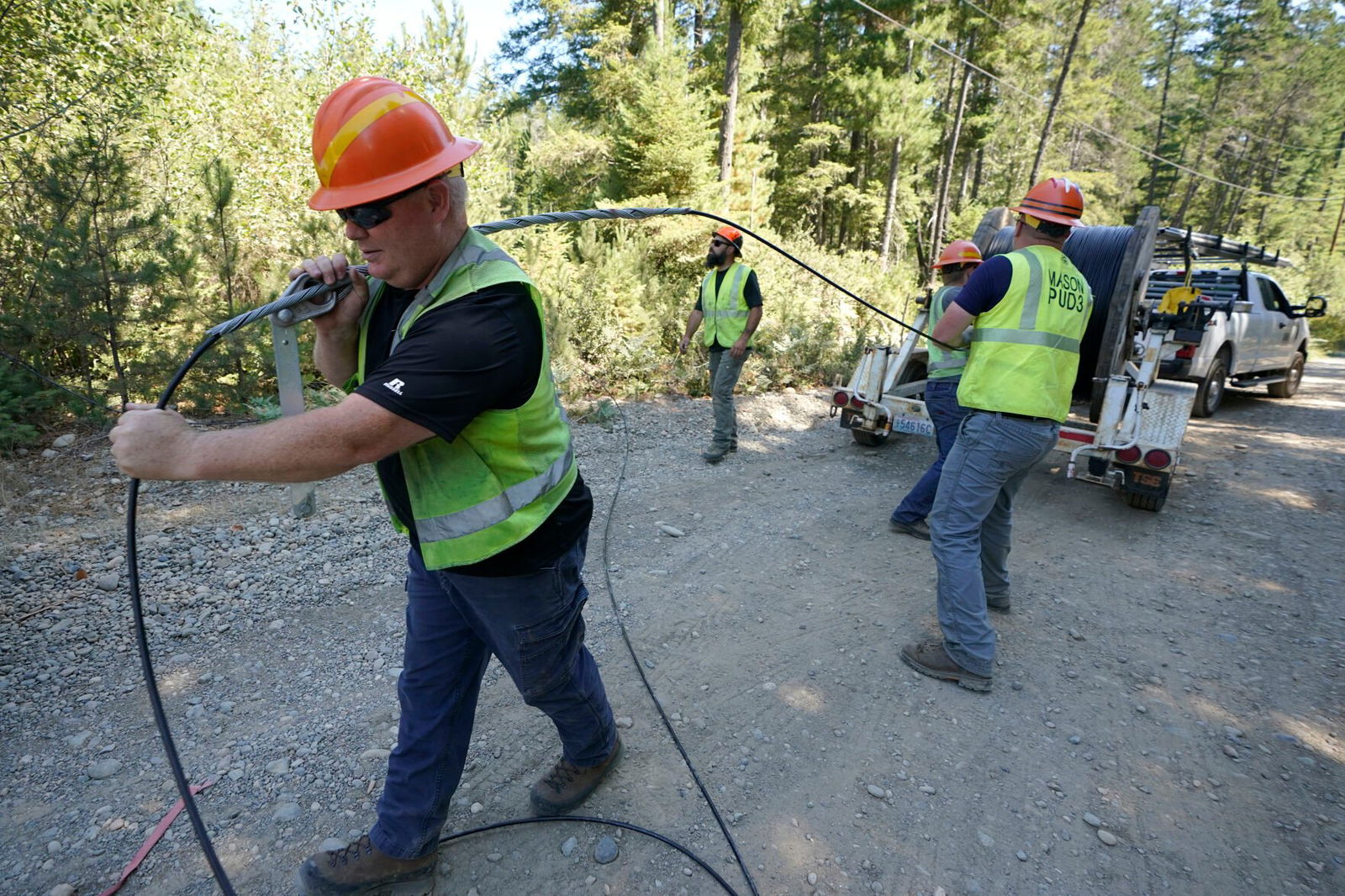Underserved communities focus of high-speed internet access efforts

A federal program is helping underserved communities gain the infrastructure needed to access high-speed internet.
The need for reliable internet is becoming essential for accessing health care and employment opportunities as well as education.
Community Action Partnership Compliance Manager Amanda Recob said the benefits also extend to housing opportunities and food services.
“It’s important in every aspect,” Recob said. “Nowadays, everything’s technology-based, and a lot of things are virtual. So without that, you’re leaving a lot of families really behind.”
The Bipartisan Infrastructure Law funds the Broadband Equity, Access and Deployment Program to bring high-speed internet to more Americans. These funds are funneled into individual states to provide for communities through competitive grant programs.
Leaders at United Fiber, a local internet provider with a base in Savannah, Missouri, are working to secure funding from the program to help expand internet access in Buchanan County to underserved rural areas.
“We’re very rural with a lot of our areas, both with our membership and some other areas that we serve.” General Manager Darren Farnan said. “And so we’re always looking for opportunities to get more broadband (internet) out there for these really difficult, high-cost areas to serve.”
According to Farnan, it is less cost-effective for internet providers to run underground fiber cables in areas with less population density.
“That's why it's difficult to serve those locations, because just getting a business case that makes sense is very difficult to do,” Farnan said. “And that's why we've looked at supplementing some of that cost with these federal programs and state programs is to kind of help, you know, get people the service they deserve, but at a sustainable model.”
Farnan said federal maps show that nearly 1,300 people live in rural underserved areas within Buchanan County.
United Fiber plans to submit an application for federal funding through the BEAD program by the Feb. 20 deadline, however, they are also waiting to see if there are any changes in requirements for the application since President Trump has taken office.
“We’re just waiting to see how the rules change, if at all,” Farnan said. “Because some of this money has already been allocated to the states.”
Metronet, another local internet provider based out of Indiana, said they do not anticipate using BEAD program funding for fiber-optic internet expansion in Missouri.
“Metronet privately funds the expansion of its fiber-optic networks and is doing that at a rapid clip — it's currently the fastest-growing private fiber company in the country,” Metronet Vice President of Communications Scott Shapiro said. “We do not anticipate applying for BEAD funding in Missouri.”




